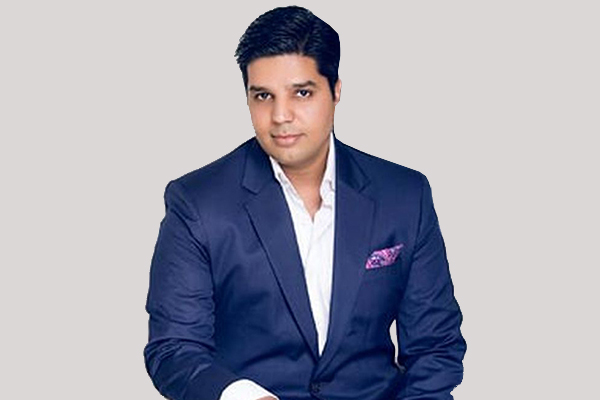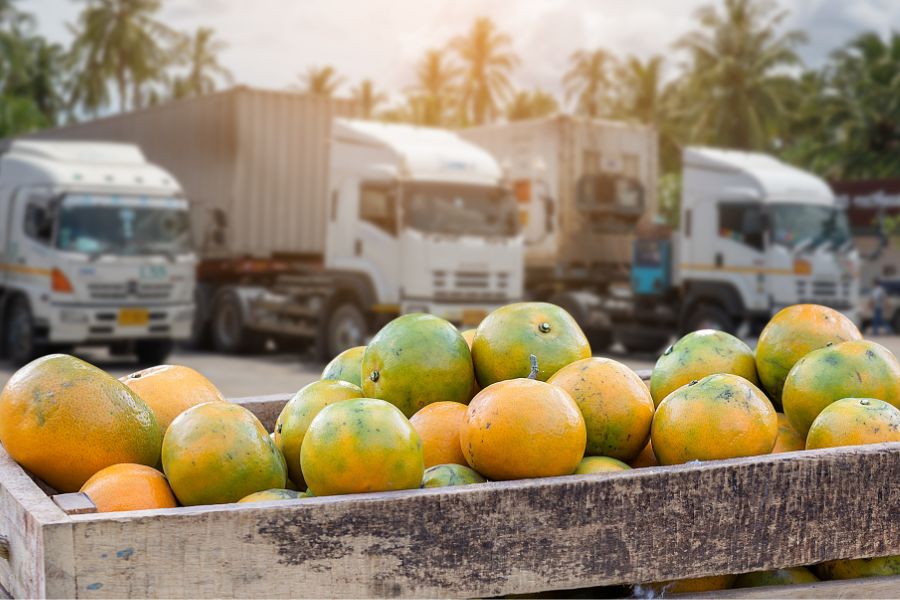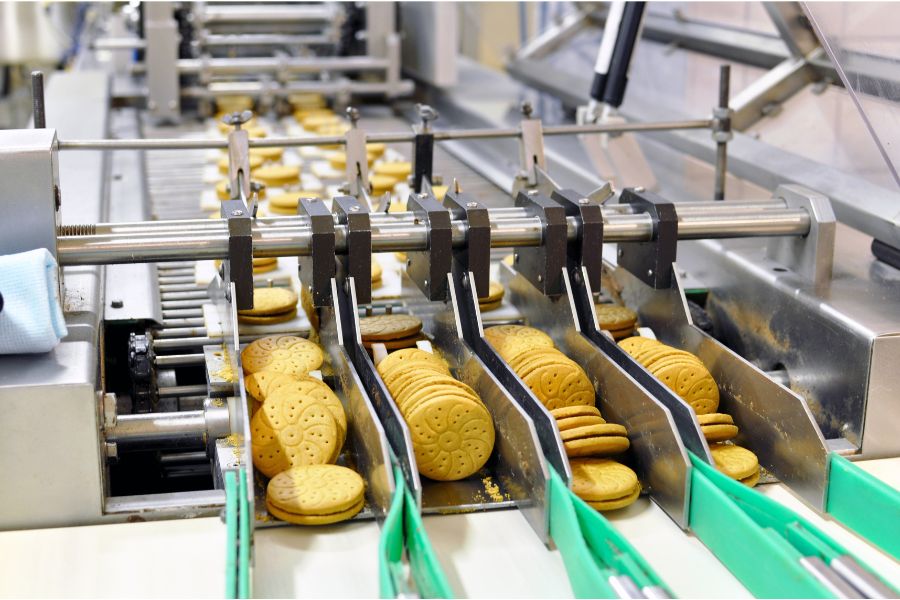Indian footwear companies need to source locally
Ambud Sharma, Founder & CEO, Escaro Royale, observes that Indian footwear industry has the potential to shun import dependency and become self-reliant. Companies need to resist the temptation to import for better margins. Also, they need to grow their processes and products internally and groom the workers for long term growth.

IBT: What impact has COVID-19 had on domestic and international sales of the footwear made in India over the last 3-4 months? How is this expected to impact growth in the coming years?
Ambud Sharma: The Coronavirus took a massive toll on the economic front, shutting down businesses, curbing international travel and impacting production lines of major global businesses. And the footwear industry is no exception. In the last 3-4 months, footwear brands have been hit hard due to a decrease in sales, both offline and online. This impact is largely seen on the footwear market – both regional and country-level, market growth, market share, competitive landscape, and sales.
Due to the closure of international borders, the import of raw materials is also primarily impacted. Being the epicentre of the virus, China is also a major supplier of raw materials and components. The shutting of factories and production in China has wreaked havoc in the supply chain, leading to a sharp increase in the prices of various items. Due to this shutdown, the leather shoe market in India has faced severe challenges. The industry is adversely impacted as manufacturers import several components such as laces, shoe lining, buckles, ornaments, insoles, outsoles, cellulose board, shank board, foam and packing material from China.
The impact of Coronavirus on the economy has been felt globally. According to Moody’s Investors Service report, Coronavirus will likely depress global growth in 2020 below 2.5%, the recessionary threshold for the world economy.
IBT: Indian footwear industry is quite dependent on raw materials imported from China. How can this import dependency be minimised?
Ambud Sharma: China is known to be one of the largest manufacturers, consumers, and exporters of footwear in the Asia Pacific region. Furthermore, Asian countries such as India and China are the prime producers of footwear across the globe. These countries hugely export their footwear products to United Kingdom and United States. China has secured a superior position in the global footwear industry. Also, India is largely dependent on China for raw materials.
The Indian footwear sector has long been dependent on China to source critical imports. The neighbouring country, known as the world’s factory, is India’s biggest source of intermediate goods, a sector that, as per official estimates, sees bilateral trade worth US$ 30 billion a year. But now this dependency should be minimized. The impending supply risk and the policy shift towards self-reliance is likely to translate into what is commonly referred to as Make in India and will also fall under the purview of Atmanirbhar Bharat. After an analysis, it was found that there are nearly 40 sectors that have the potential to lower their import dependency on China including chemicals, automobile, cosmetics, drugs etc. Footwear is also one of them.
This would have a positive cascading effect on the economy. It will not only be added to the turnover of domestic enterprises including MSMEs, but is also likely to translate to benefits through forward and backward linkages, better economies of scale along with cost competitiveness and importantly, enhancing the scope of employment in our country.
IBT: Now that different countries, including India, are gradually opening up their economies and borders, how are the markets responding? What are the challenges you face?
Ambud Sharma: India has opened up for a business gradually, but overall the consumer sentiment is still a bit apprehensive. This is primarily due to their own safety concerns – how will things be delivered, how hygienic it will be, whether it will be exposed to COVID, etc.
We are looking at China very keenly primarily because India does not export a lot to China in percentage as compared to what we import and that is basically eroding our foreign exchange. India as a country will look at fixing this in the coming time. The markets are responding fine, the consumer sentiment is there.
I think we have a 60-65% recovery now. In 2-3 months, we should be looking at a 100% recovery. I don’t think the variables that the Ligo Group of Companies has to face are much lower as compared to others, which have complex supply chains – sometimes organized, sometimes unorganized.
On the front of challenges, certain logistic partners are still waiting for the licenses to open up so that they can start operating as well. The overheads that have come because of COVID-19 are definitely eroding bottomlines and we have ensure that there is compliance from the hygiene standpoint.
Around 80% of our people will be working from home and only the essential warehouse and operation staff will be working out of their houses across India. That being said, we have gone ahead and will be expanding into various other industries including content, media and fitness. We are looking at investing heavily to be able to ensure that the challenges that we have faced during COVID don’t reoccur, even if there is a second wave coming.
IBT: How is India competitively placed in the global footwear market, and what does the industry need to do to raise its global stature and move up the value chain?
Ambud Sharma: Leather footwear in premium products is gaining significant market share in the global market for footwear. Moreover, rising health concerns are compelling individuals to perform outdoor and indoor physical activities.
India, as a key player in the global footwear market, is dedicatedly focused on the expansion of business through digital promotion across various regions. Online platforms are gaining effective traction among teenagers and youth, thereby occupying a significant share across distribution channels. Presently, manufacturers are conducting studies on development and innovation of new products to maintain market presence.
Distributors of footwear, sandals and boots and various suppliers of shoes such as brand outlets, online stores, retail stores, discount stores, and manufacturers are exploring all possible online web portals to revive business.
IBT: How do you see the consumer sentiment evolve in a post COVID scenario? What trends will define the industry?
Ambud Sharma: Consumers were always interested in getting the best value for their money, especially in a price-sensitive market like India. I think these consumers are now contemplating that getting the product directly from companies is much better than buying from a middleman. So, that is the first sentiment that will change.
I think a lot of people will start sourcing locally. We have figured out that if something like this happens the imports will get affected. So, a lot of people will look at better supply chain mechanisms as well as more advanced ways of handling their inventories and raw materials.
IBT: What challenges and opportunities do you see for the sector in the digital domain? How is it different from conventional ways of doing business and what adjustments does it need in terms of business management?
Ambud Sharma: When I started the Ligo Group of Companies in 2015, I had a vision that software and digital technologies will be our bread and butter, or they will be the cornerstones of our existence. That is why pretty much all the software that we use internally or for other clients is built in-house or groomed in-house and their requirements are enhanced in-house. There is a huge opportunity available and that is precisely why the company does not have any middlemen, all of our business models are based on directly getting to the consumers.
IBT: How has the risk element changed in global trade post-COVID, and what risk mitigation strategies would you propose to mitigate this risk?
Ambud Sharma: I think the Government of India has already figured out the imports need to be tightened, especially from countries like China and Pakistan. I think from the risk mitigation strategy perspective, the first step would be to source locally. If you cannot source a product locally from conventional suppliers, then explore smaller players probably operating out of the Tier 2 and 3 cities. In the process, you might be able to teach them a few things and it will be a kind of ecosystem-based growth. Eventually, the system will be able to adjust and source most of the requirements locally. The second thing is, do not be greedy. Lots of people are still willing to import for better margins. I personally believe that if India has to grow to be a superpower, we will need to ensure that we are able to grow things internally – be it processes, products or people – and groom them for strategic growth.
Ambud Sharma is the founder and CEO of Ligo Group that owns and operates luxury lifestyle brand Escaro Royale. The group offers elegantly handcrafted shoes, exquisite premium bags, perfectly augmenting belts and high street fashion accessories.












Leave a comment